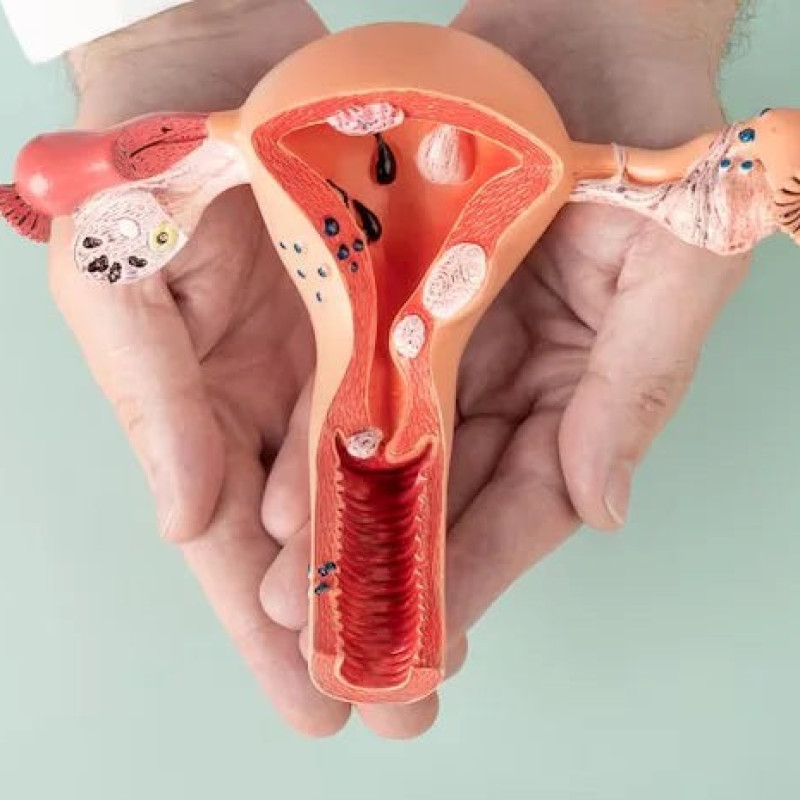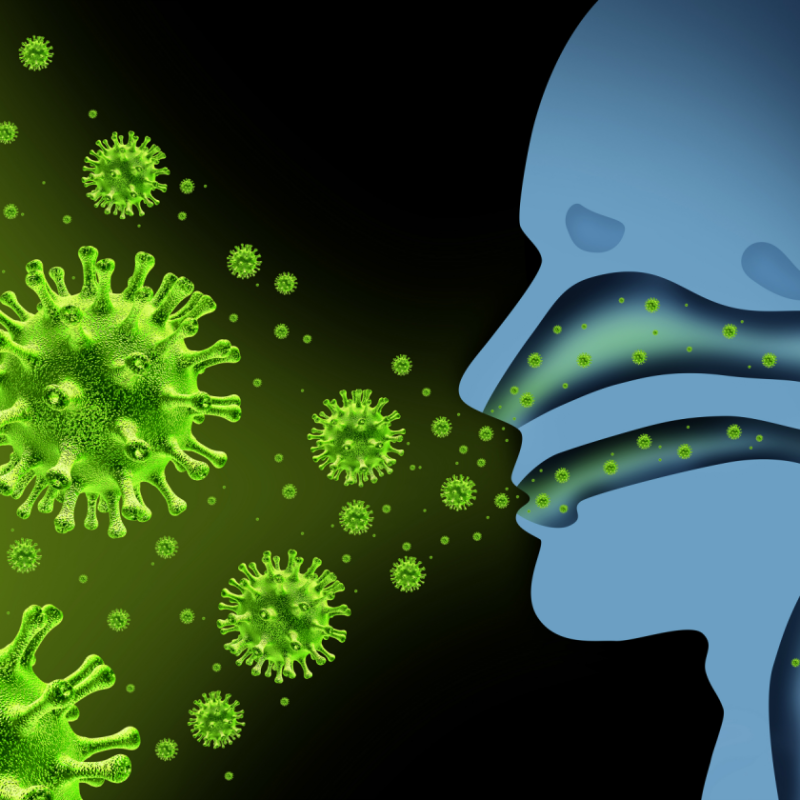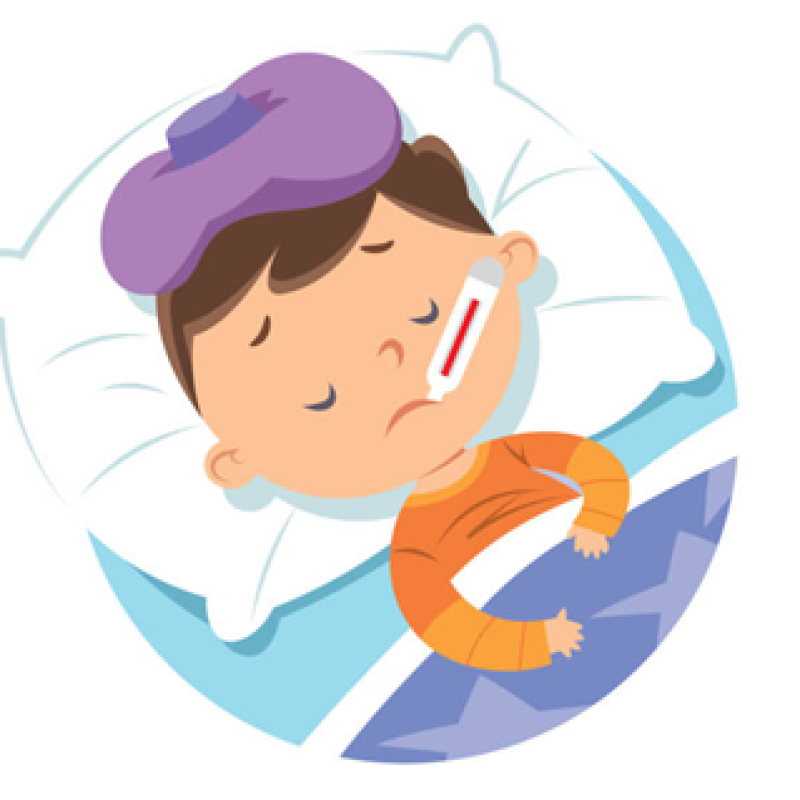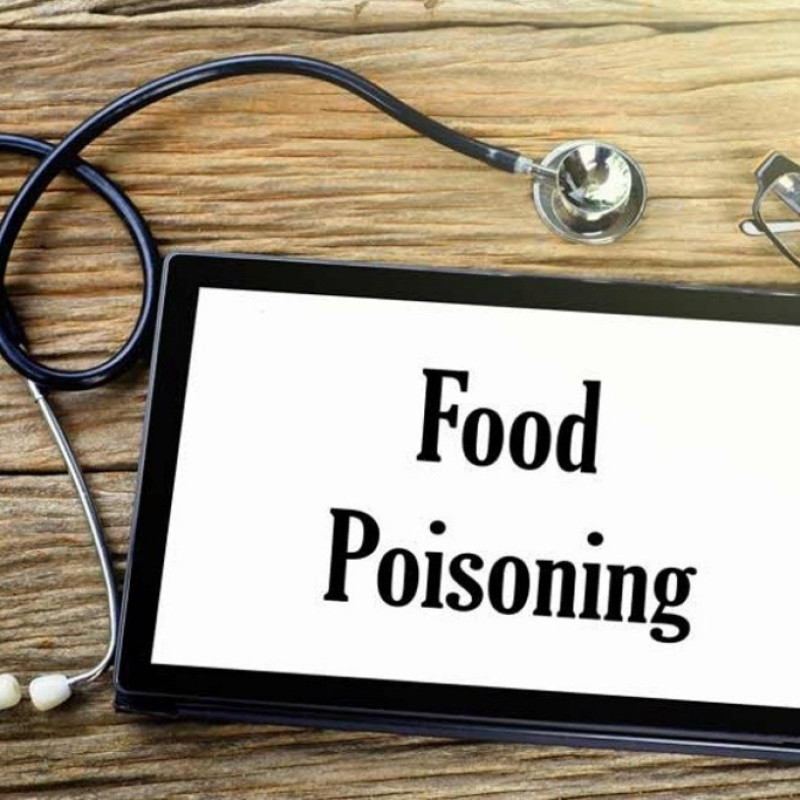
Gout is a form of inflammatory arthritis characterized by sudden, severe attacks of pain, redness, and tenderness in the joints, particularly the base of the big toe. This condition has been recognized for centuries, often associated with excessive eating and drinking in affluent societies, earning it the moniker "the disease of kings" or "rich man's disease." However, gout can affect anyone, regardless of social status, and its prevalence has been increasing globally.
Causes of Gout:

Gout is primarily caused by the buildup of uric acid crystals in the joints and surrounding tissues. Uric acid is a waste product formed when the body breaks down purines, substances found naturally in the body and in certain foods. Normally, uric acid dissolves in the blood and is excreted through the kidneys in urine. However, if the body produces too much uric acid or if the kidneys fail to excrete enough of it, uric acid can accumulate and form crystals in the joints, leading to gout.
Risk Factors:

Several factors can increase the risk of developing gout, including:
1.Diet: Consuming foods high in purines, such as red meat, organ meats, seafood, and sugary beverages, can contribute to elevated uric acid levels.
2.Obesity: Being overweight or obese increases the risk of gout as excess body fat can lead to higher production of uric acid and reduced excretion by the kidneys.
3.Genetics: A family history of gout or certain genetic factors can predispose individuals to the condition.
4.Medical Conditions: Certain medical conditions, such as hypertension, diabetes, metabolic syndrome, and kidney disease, can increase the risk of gout.
5.Medications: Some medications, including diuretics (water pills) and drugs that suppress the immune system, can raise uric acid levels and trigger gout attacks.
Symptoms of Gout:

The hallmark symptom of gout is an acute attack of pain, swelling, redness, and warmth in the affected joint, most commonly the base of the big toe. Gout attacks often occur suddenly, often at night, and can be triggered by factors such as alcohol consumption, injury, or illness. Without treatment, gout attacks typically peak within 24-48 hours and gradually resolve over the course of a few days to weeks. However, recurrent attacks can occur if the underlying causes of gout are not addressed.
Treatment and Management:

The goals of gout treatment are to relieve pain and inflammation during acute attacks, prevent future attacks, and reduce the risk of long-term complications such as joint damage and kidney stones. Treatment strategies may include:
1.Medications: Nonsteroidal anti-inflammatory drugs (NSAIDs), colchicine, and corticosteroids are commonly used to relieve pain and inflammation during acute gout attacks. For long-term management, medications such as allopurinol and febuxostat may be prescribed to lower uric acid levels and prevent recurrent attacks.
2.Lifestyle Changes: Adopting a healthy lifestyle, including maintaining a balanced diet low in purine-rich foods, achieving and maintaining a healthy weight, limiting alcohol consumption, and staying hydrated, can help reduce the risk of gout attacks.
3.Monitoring and Follow-Up: Regular monitoring of uric acid levels and kidney function, along with ongoing medical follow-up, are important for managing gout effectively and preventing complications.







